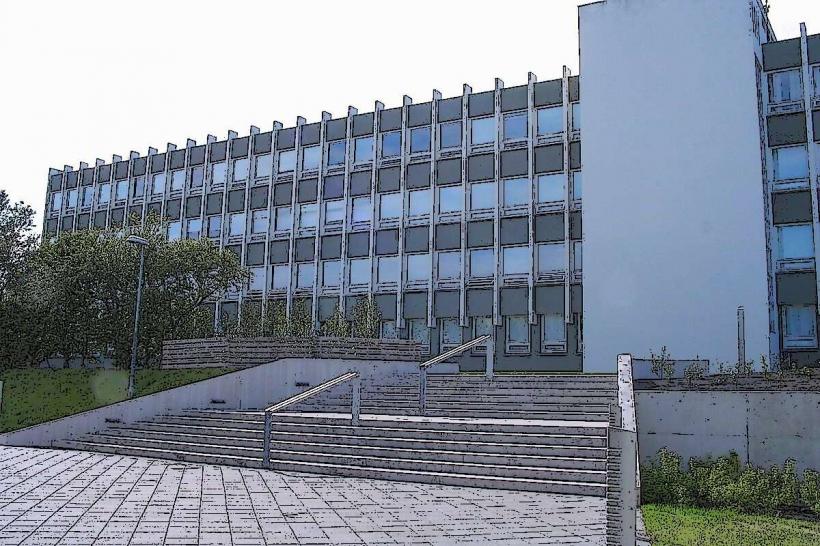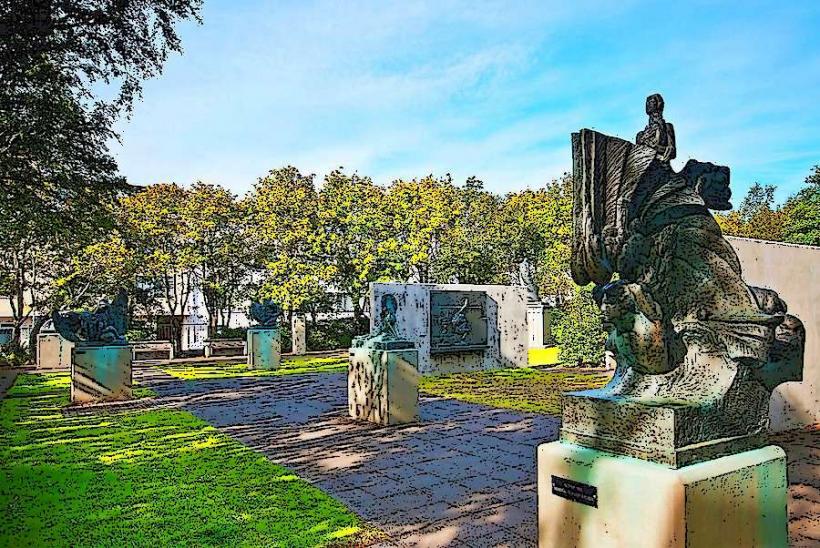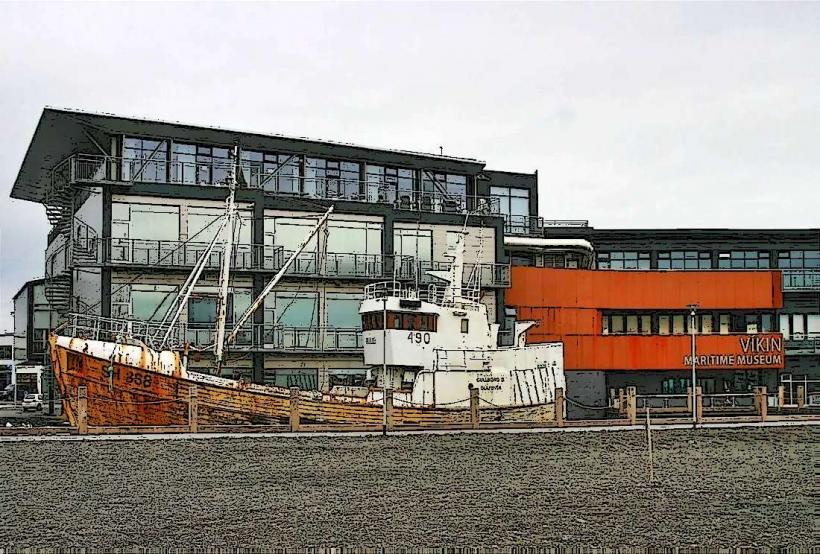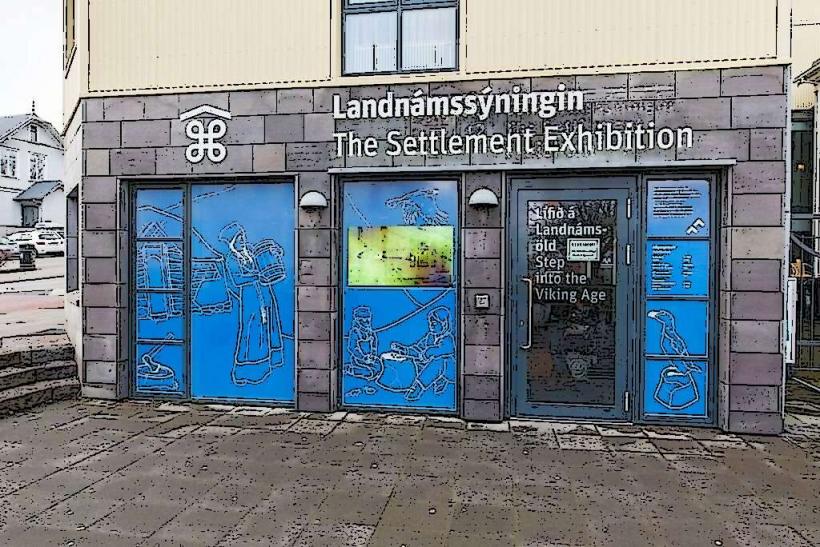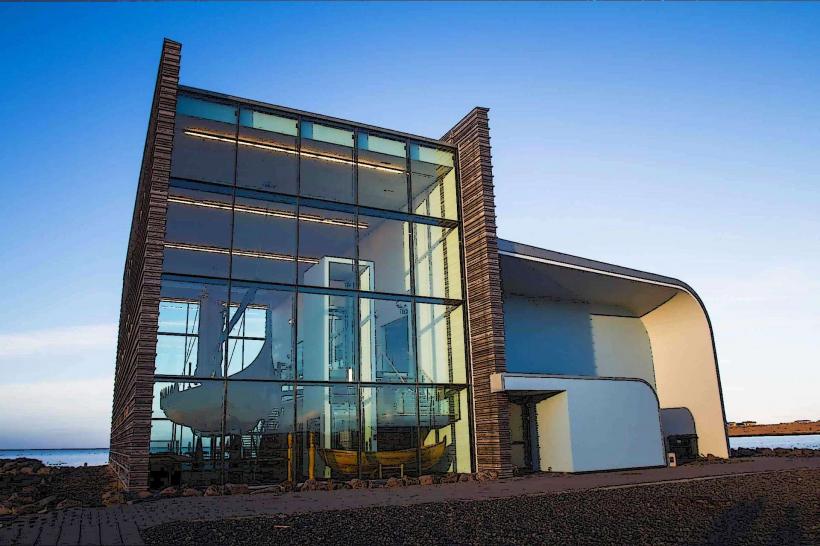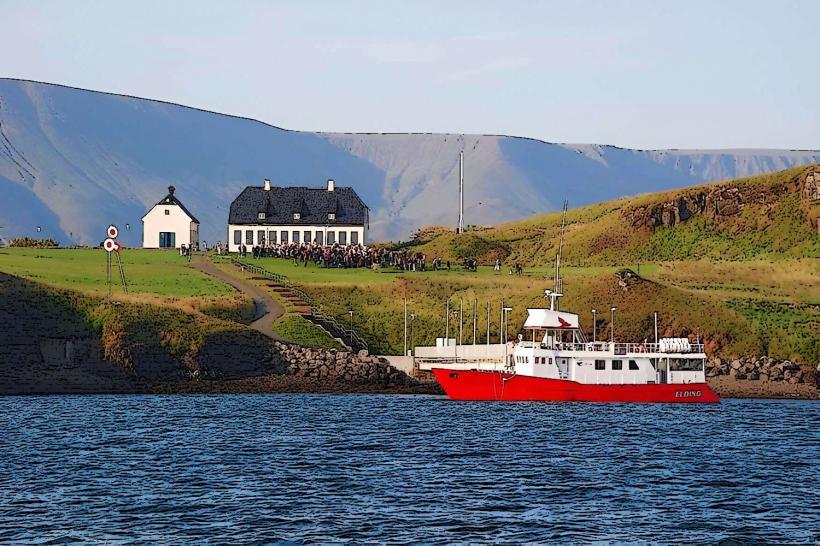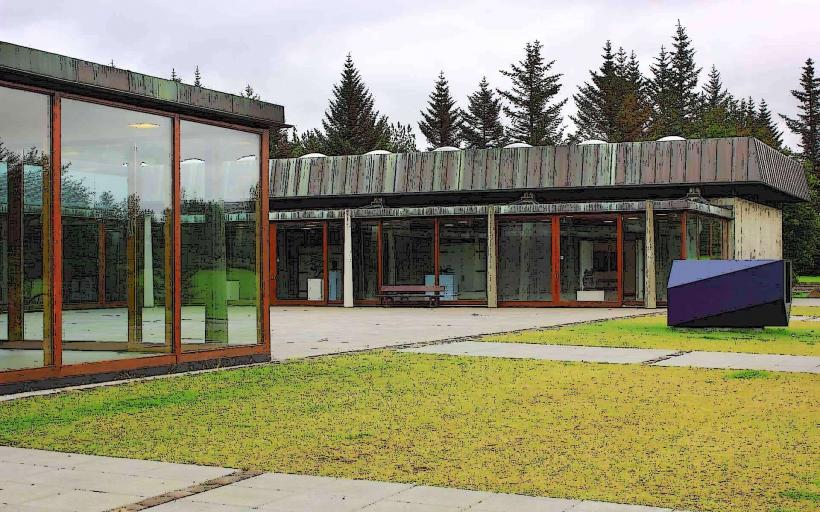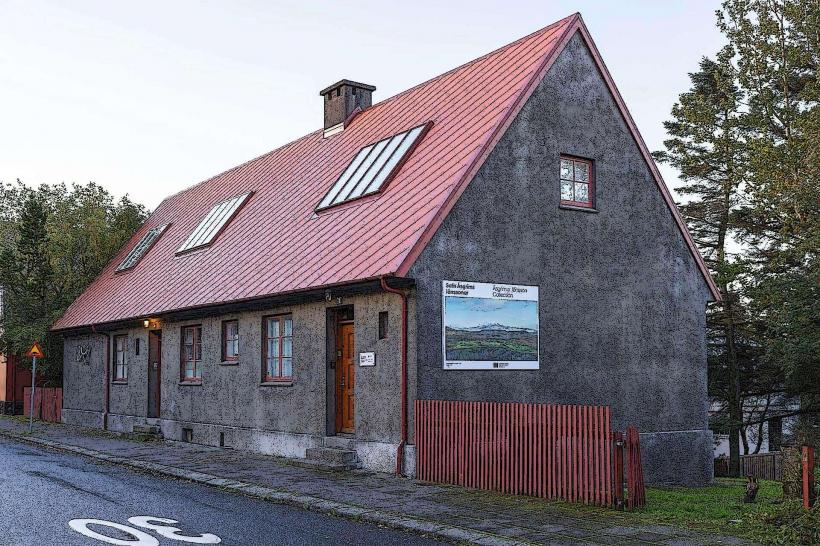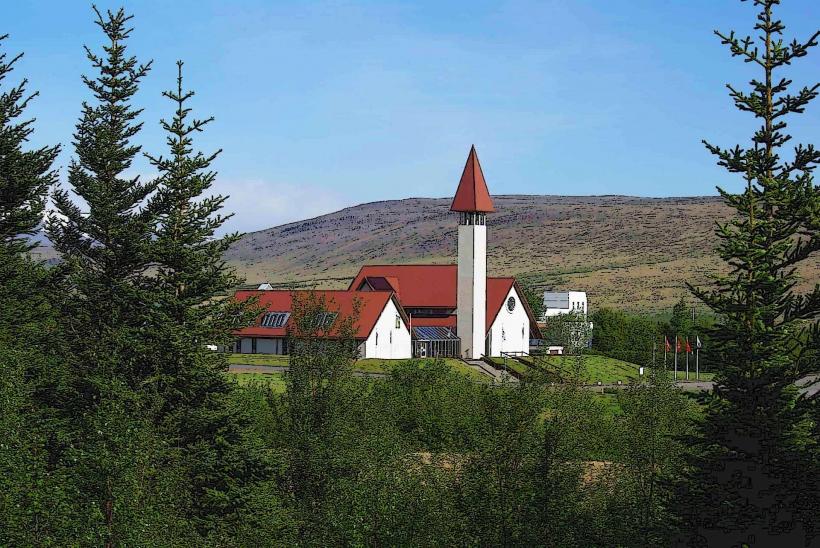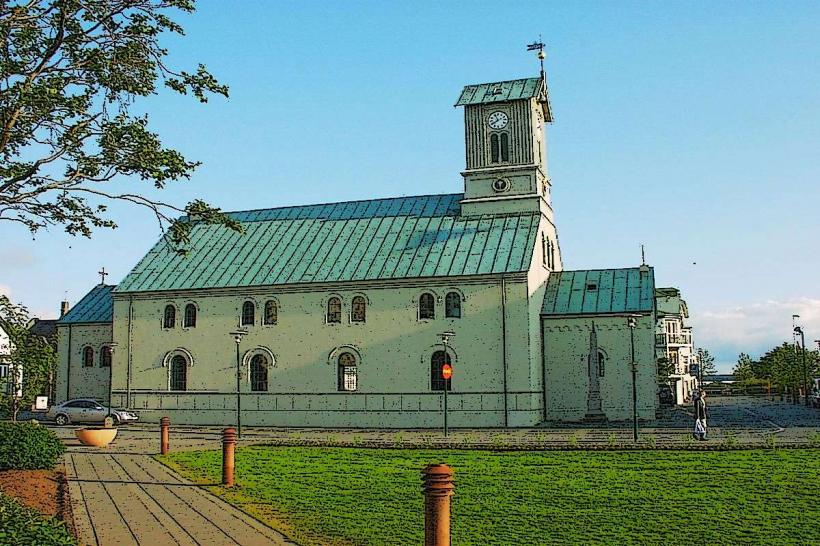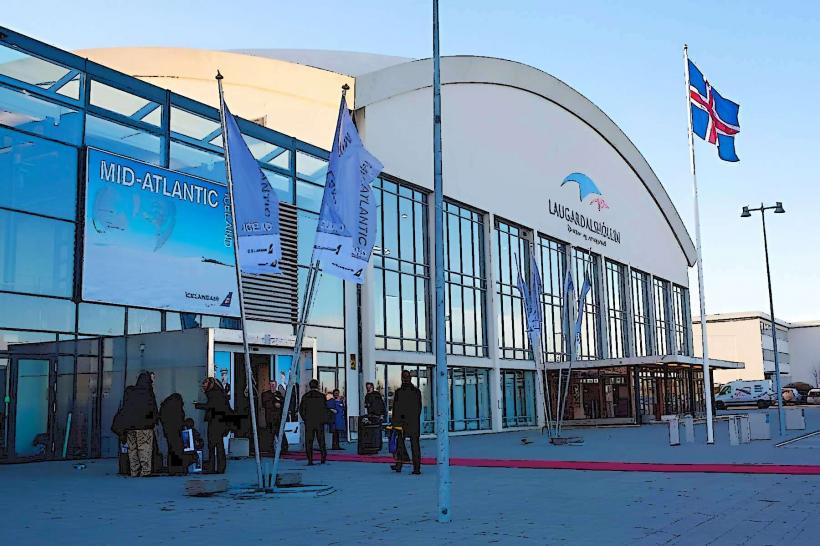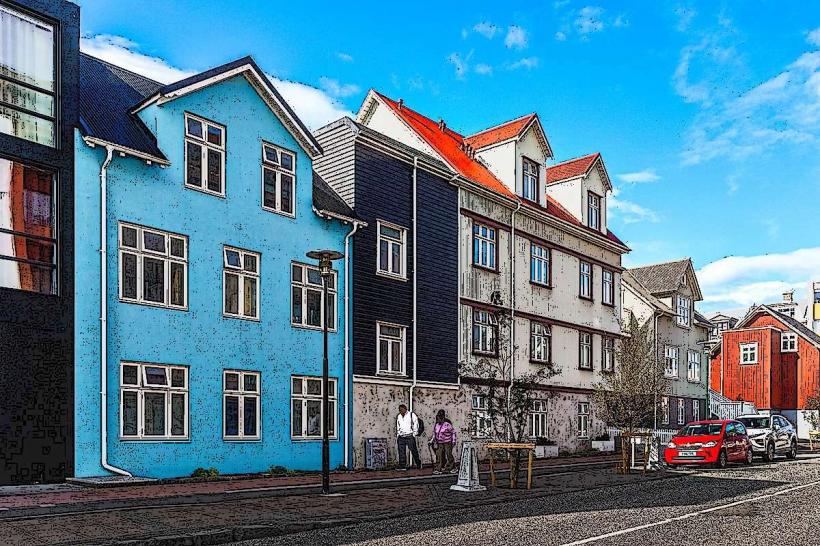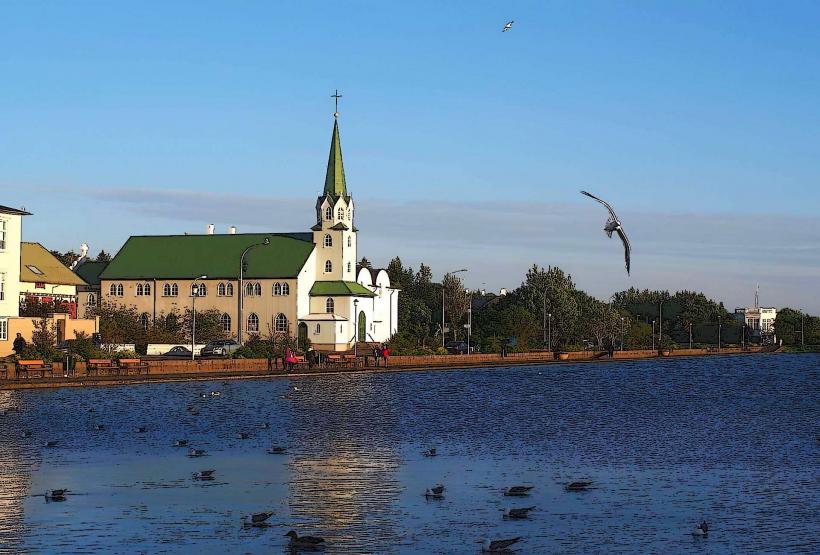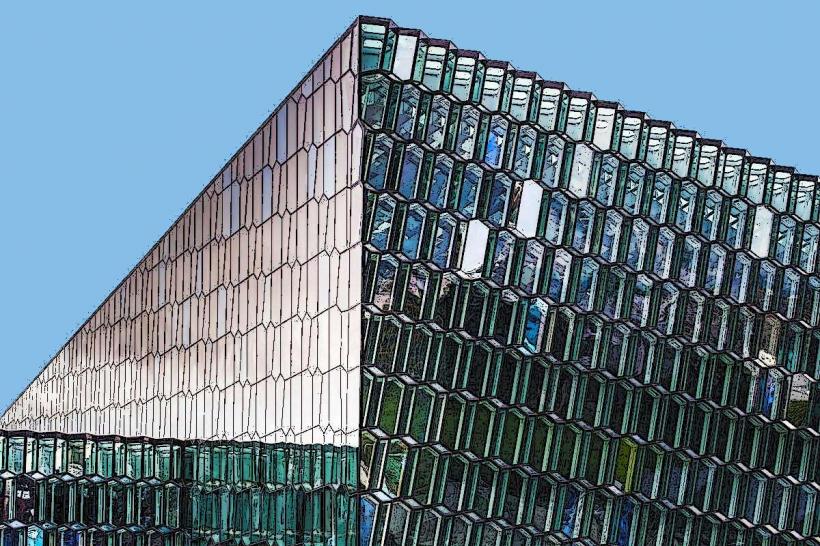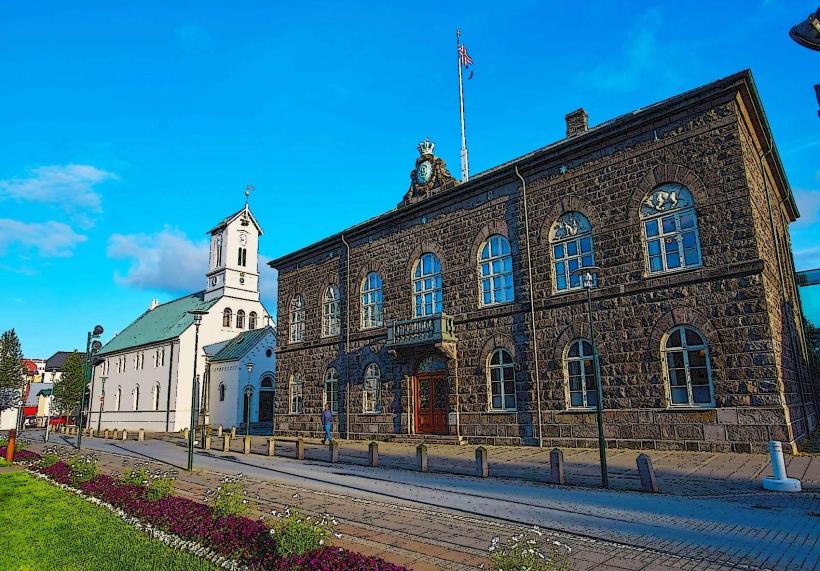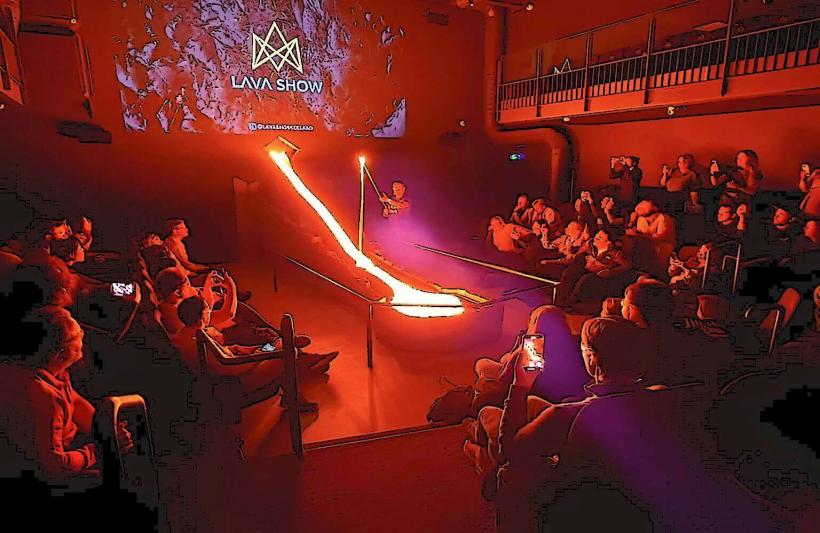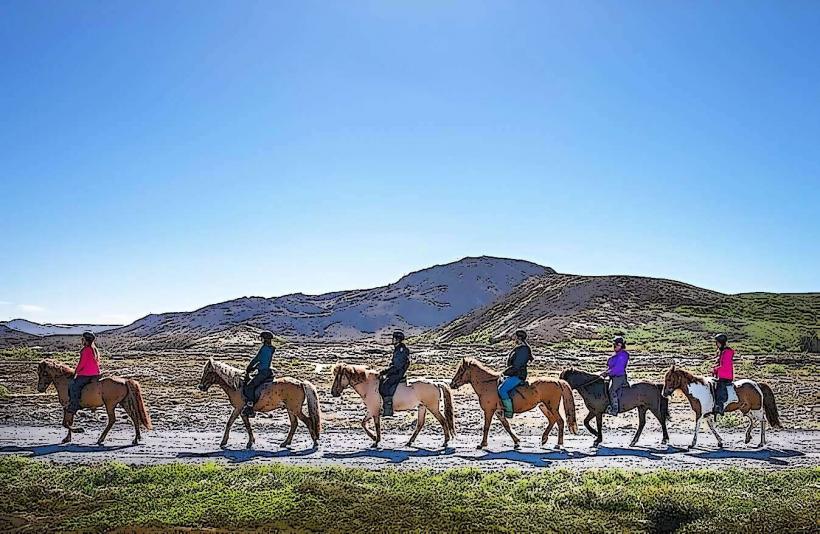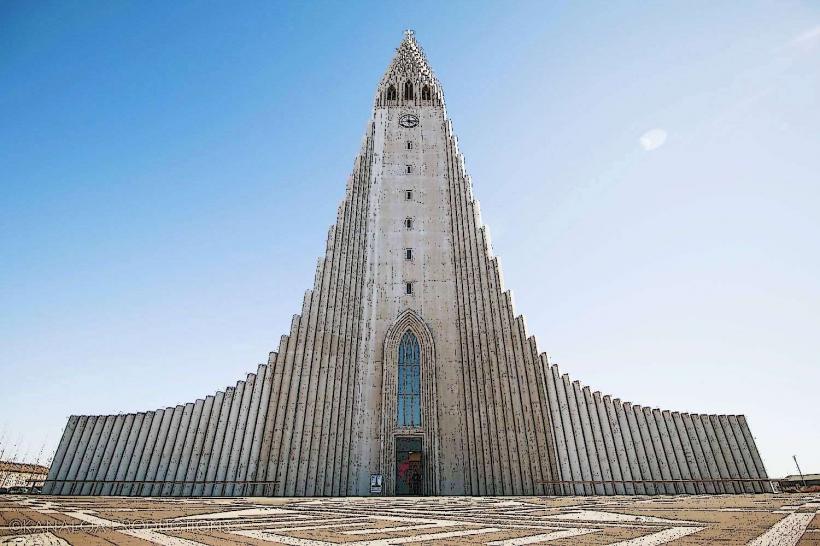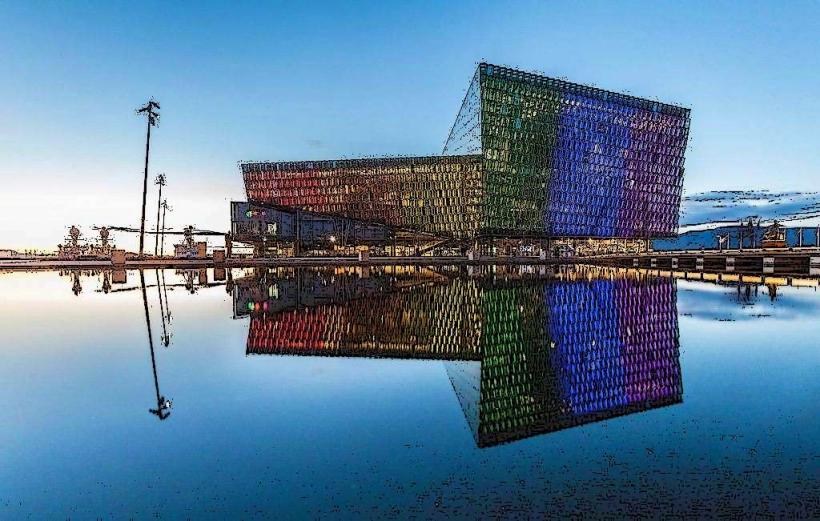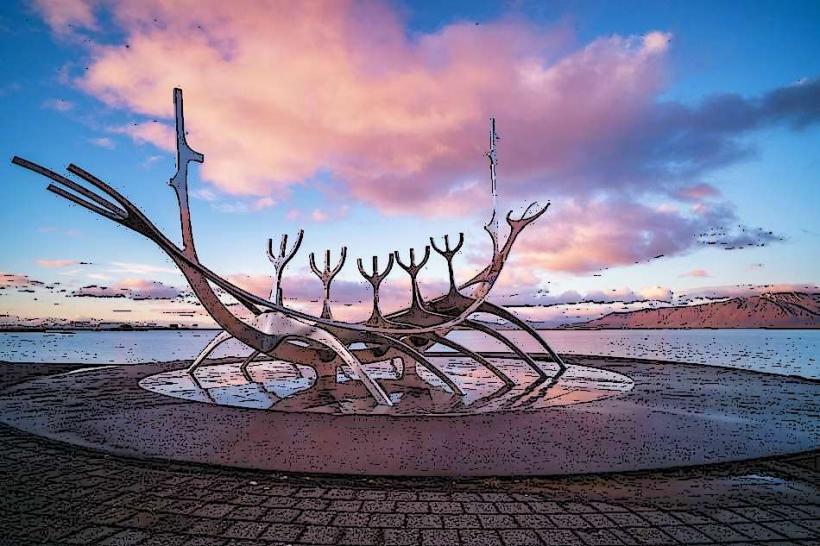Information
Landmark: University of Iceland Botanical GardenCity: Reykjavik
Country: Iceland
Continent: Europe
The University of Iceland Botanical Garden (Laugardalsbotaniskur Garður) is a serene and beautiful green space located in the Laugardalur Valley of Reykjavik. Established in 1961, it is one of the oldest botanical gardens in Iceland and is an important part of the University of Iceland's commitment to environmental education and research. The garden features a diverse collection of plants, showcasing Iceland's unique flora alongside plants from various parts of the world, particularly those from colder climates.
Overview
- Location: Laugardalur Valley, Reykjavik, easily accessible from the city center.
- Size: The garden spans over 5 hectares (about 12 acres), with extensive collections of both native and foreign plant species.
- Mission: To promote environmental awareness, conservation, and research in botany, with a focus on Icelandic plants and those suitable for Iceland's climate.
Features of the Botanical Garden
1. Icelandic Plant Collections
- The garden is home to a large collection of native Icelandic plants, including species that grow in the country's diverse ecosystems, such as tundra, heath, and coastal areas.
- Special focus is given to Icelandic flora and endangered species to help protect and preserve them in a controlled environment.
2. Foreign Plant Collections
- The garden also features plants from colder climates, particularly those that can adapt to Iceland’s harsh conditions.
- Arctic plants from North America, Europe, and Asia.
- Alpine species from mountain regions around the world.
- Medicinal plants, herbs, and edible plants.
- There are specific sections dedicated to North American and Asian plants, providing comparisons of similar ecosystems found globally.
3. Thematic Gardens
- The garden has several themed sections, including:
- The Herb Garden: Featuring medicinal and culinary herbs that have been used in traditional Icelandic remedies.
- The Arctic Garden: Focused on plants that thrive in the harsh cold environments, much like Iceland's native species.
- The Alpine Garden: Showcasing plants found in high-altitude regions, emphasizing their ability to survive extreme weather.
- The Rock Garden: A space that displays plants that grow on rocky terrains, often found in Iceland’s lava fields.
4. The Greenhouse
- The garden includes a greenhouse for tropical and subtropical plants, providing a controlled environment for species that wouldn’t survive the Icelandic climate outdoors. It is a popular spot for visitors to explore exotic plants and flowers.
5. Wildlife and Ecosystem
- In addition to plants, the garden is a habitat for various birds and insects, including butterflies, bees, and other pollinators, contributing to biodiversity.
- It also serves as a research space for studying the relationship between different species in Icelandic ecosystems.
Visitor Experience
1. Guided Tours
- The garden offers guided tours that explain the history of the garden, the plant collections, and the significance of each section. Visitors learn about the plants' uses in Icelandic culture, from medicinal to culinary purposes.
2. Seasonal Changes
- The garden is beautiful year-round, with different species blooming at various times of the year. Spring and summer bring vibrant flowers, while fall showcases the changing colors of the leaves. Winter offers a quiet, peaceful atmosphere with snow-covered plants.
3. Educational Programs
- The University of Iceland Botanical Garden is a hub for environmental education and regularly hosts school groups, workshops, and public events related to sustainability, gardening, and plant conservation.
4. Relaxation and Recreation
- The garden offers peaceful walking paths, benches, and picnic areas, making it an ideal place for visitors to relax and enjoy nature in the heart of Reykjavik.
- It’s a popular spot for both locals and tourists to take a break from the bustle of the city.
Practical Information
1. Opening Hours
- Open year-round, with extended hours during the summer months. The garden is accessible every day, though the greenhouse may have limited hours depending on the season.
2. Admission
- Free entry for all visitors. However, donations are encouraged to help support the garden’s conservation efforts.
3. Accessibility
- The garden is accessible for visitors with disabilities, with paved paths and clear signage.
- Wheelchairs and strollers can easily navigate the garden, making it suitable for all ages.
4. Getting There
- By Foot: Located near the Laugardalur area, it’s within walking distance of the city center.
- By Bus: Several public transport options connect the botanical garden to Reykjavik’s central areas.
- Parking: Available for those driving to the location.
Nearby Attractions
- Laugardalslaug Geothermal Pool: One of Reykjavik’s largest public swimming pools, located nearby in the Laugardalur Valley.
- Reykjavik Zoo and Family Park: Also in Laugardalur, it’s a family-friendly destination with Icelandic animals and fun activities for children.
- Laugardalur Park: A large park offering green space for picnics and recreational activities.
Tips for Visitors
- Seasonal Blooming: Visit during spring or summer to see the full spectrum of flowers in bloom.
- Photography: The garden offers beautiful scenery for photography, especially during the golden hour.
- Educational Materials: Look out for information plaques throughout the garden for details on the plants you encounter.
Conclusion
The University of Iceland Botanical Garden is a hidden gem that offers a unique blend of natural beauty, educational value, and research opportunities. Whether you are a plant enthusiast, a visitor looking for a peaceful place to unwind, or someone interested in Iceland’s flora, the botanical garden provides a wonderful opportunity to explore the diverse world of plants in the heart of Reykjavik.

